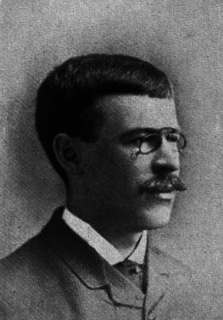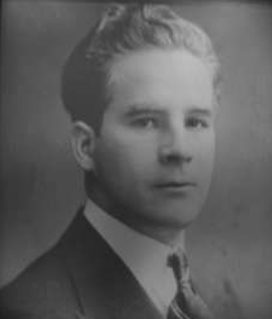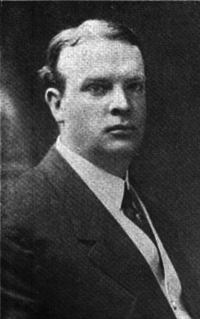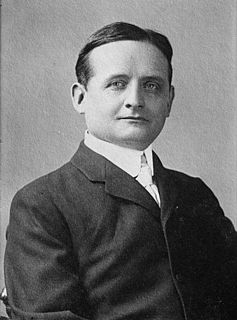| Elections in Massachusetts | ||||
|---|---|---|---|---|
 | ||||
| ||||
The Boston mayoral election of 1921 occurred on Tuesday, December 13, 1921. James Michael Curley, who had previously served as Mayor of Boston (1914–1918), was elected for the second time, defeating three other candidates. [1]

James Michael Curley was an American Democratic Party politician from Boston, Massachusetts. One of the most colorful figures in Massachusetts politics in the first half of the 20th century, Curley served four terms as Democratic Mayor of Boston, Massachusetts, including part of one while in prison. He also served a single term as Governor of Massachusetts, characterized by one biographer as "a disaster mitigated only by moments of farce", for its free spending and corruption.

The Mayor of Boston is the head of the municipal government in Boston, Massachusetts. Boston has a mayor-council system of government. Boston's mayoral elections are non-partisan, and elect a mayor to a four-year term; there are no term limits. The mayor's office is in Boston City Hall, in Government Center.
Contents
In 1918, the Massachusetts state legislature had passed legislation making the Mayor of Boston ineligible to serve consecutive terms. [2] Thus, incumbent Andrew James Peters was unable to run for re-election.

The Massachusetts General Court is the state legislature of the Commonwealth of Massachusetts. The name "General Court" is a hold-over from the earliest days of the Massachusetts Bay Colony, when the colonial assembly, in addition to making laws, sat as a judicial court of appeals. Before the adoption of the state constitution in 1780, it was called the Great and General Court, but the official title was shortened by John Adams, author of the state constitution. It is a bicameral body. The upper house is the Massachusetts Senate which is composed of 40 members. The lower body, the Massachusetts House of Representatives, has 160 members. It meets in the Massachusetts State House on Beacon Hill in Boston.

Andrew James Peters was an American politician who served in the United States House of Representatives and was the 42nd Mayor of Boston.
Due to the ratification of the Nineteenth Amendment in 1920, this was the first Boston municipal election that women could vote in. [3]

The Nineteenth Amendment to the United States Constitution prohibits the states and the federal government from denying the right to vote to citizens of the United States on the basis of sex. The amendment was adopted on August 18, 1920 as the culmination of the women's suffrage movement in the United States, which fought at both state and national levels to achieve the vote. It effectively overruled Minor v. Happersett (1875), in which a unanimous Supreme Court ruled that the Fourteenth Amendment did not give women the right to vote. Since the 1860s, an increasing number of states had given women the right to vote, but several states still denied women the right to vote at the time the amendment was ratified.
Curley was inaugurated on Monday, February 6, 1922. [4]











